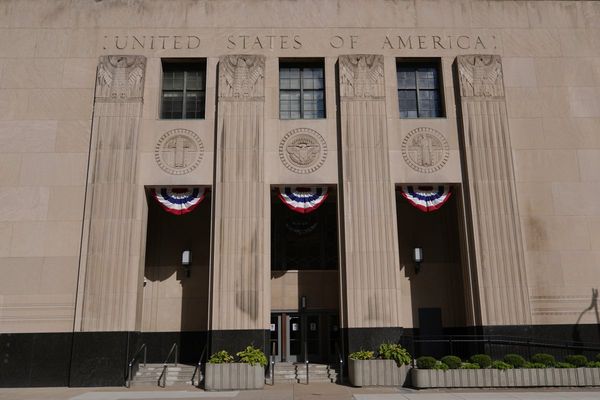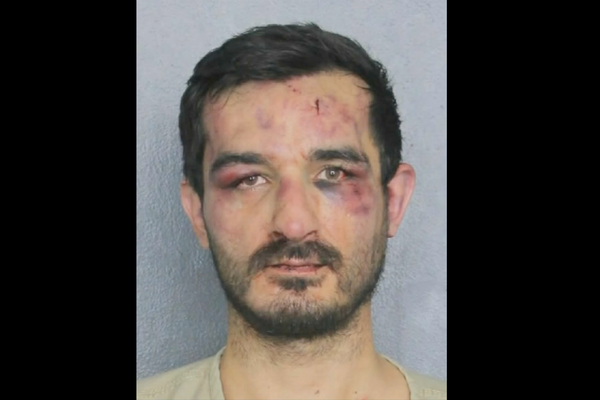
Elon Musk's X will appeal an Indian court order allowing more than two million police officers nationwide to issue arbitrary takedown requests via a secretive online portal.
The social media company said on Monday that it was “deeply concerned” by the Karnataka High Court's ruling that quashed its challenge to New Delhi's content removal mechanism.
The platform, reportedly used by over 24 million people in India, said it would appeal the order "to defend free expression". “The ‘Sahyog’ enables officers to order content removal based solely on allegations of ‘illegality’, without judicial review or due process for the speakers, and threatens platforms with criminal liability for non-compliance," X said, referring to the online portal.
A Karnataka High Court judge last week ruled that the American company’s challenge against the federal home ministry’s Sahyog portal was "without merit".
While fellow tech giants Google, Amazon and Meta joined Sahyog after it was launched, X declined.
The company’s lawsuit, filed in March, challenged the Narendra Modi government’s interpretation of the Information Technology Act.
It alleged the government was using a parallel mechanism for removing online posts that bypassed the legal process outlined in the law.
The platform said Indian authorities misused this law to impose arbitrary censorship.
The social media company also argued on Monday that "this new regime has no basis in the law, circumvents Section 69A of the IT Act, violates Supreme Court rulings and infringes Indian citizens’ constitutional rights to freedom of speech and expression”.
X is deeply concerned by the recent order from the Karnataka court in India, which will allow millions of police officers to issue arbitrary takedown orders through a secretive online portal called the Sahyog. This new regime has no basis in the law, circumvents Section 69A of…
— Global Government Affairs (@GlobalAffairs) September 29, 2025
The mechanism using the home ministry portal contradicted a 2015 ruling by the Supreme Court which established that content could be blocked only via a proper judicial process defined under section 69A of the IT Act, it further said.
The government contended that another section of the law – 79(3)(b) – mandated platforms to remove content when directed by a court or by an official notification within 36 hours. Social media companies could be held accountable for refusing to comply.
X challenged this interpretation, arguing in the lawsuit that this section didn’t give power to the government to independently block content.
The tech platform had locked horns with the Indian government previously as well, equating its mechanisms for content removal with censorship.
The Modi government previously claimed its new system was intended to tackle a proliferation of unlawful content and ensured accountability online.
Mr Musk, a self-described free-speech absolutist, has clashed with authorities in many countries over compliance and content takedown demands, but the company's Indian lawsuit targeted the entire basis for tightened internet regulation in the world's most populous nation.
The Modi government has ramped up its efforts to police the internet since 2023, allowing many more officials to file takedown orders and submit them directly to platforms through the portal launched last October.
Aishwarya Rai leads Bollywood fight against deepfakes in personality rights lawsuit
EU says India’s ties to Russia major stumbling block in free trade agreement talks
Death toll from stampede at Indian actor-politician’s rally climbs to 41
India’s refusal to take trophy from Pakistani head of Asian cricket sparks row
Newlyweds in India head for divorce after their ‘pets do not get along’
Air India crash: Father of captain says investigators insinuated son cut fuel







